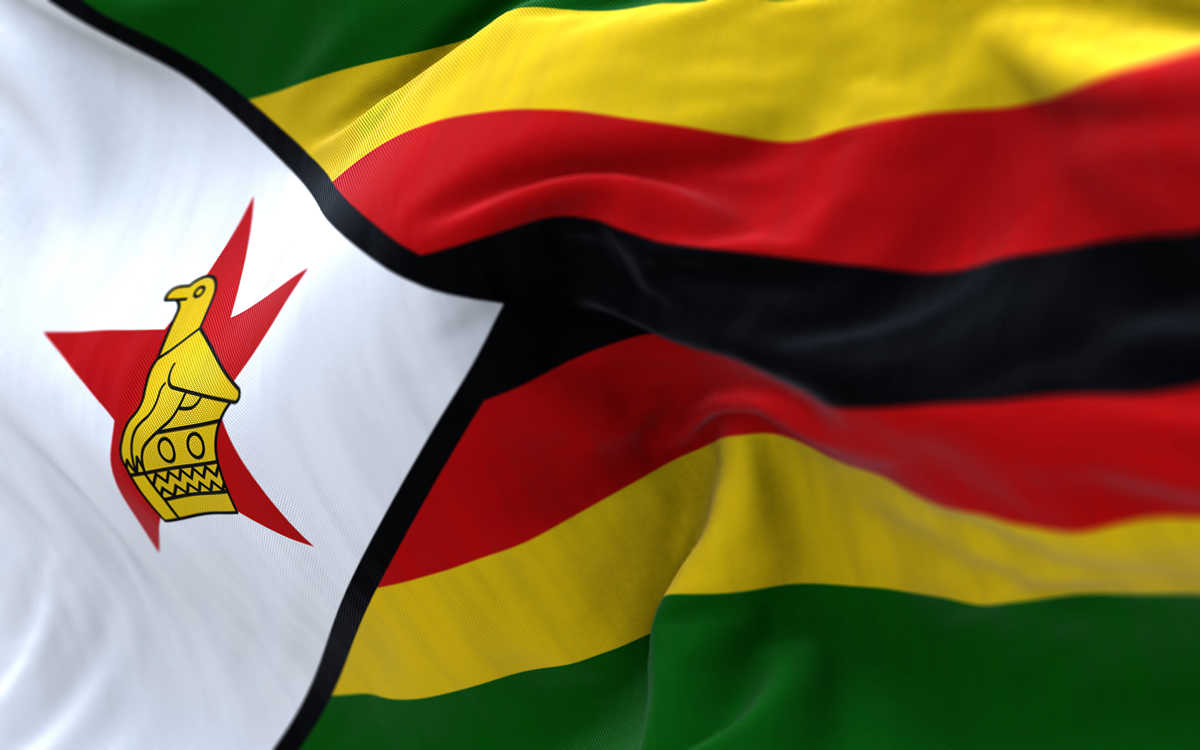Zimbabwe
Zimbabwean government backs legal recognition of intersex people
Activists welcome ‘step forward in acknowledging and protecting the most marginalized’

The Zimbabwean government last month launched a legal reform process aimed at recognizing and protecting the rights of intersex people.
State media reported President Emmerson Mnangagwa supports the initiative, which was seen as a crucial step towards identifying existing legal and policy gaps to ensure the full protection of intersex people’s human rights.
Vimbai Nyemba, permanent secretary in the Justice, Legal and Parliamentary Affairs Ministry, said the government has accepted U.N. Human Rights Council Universal Periodic Review recommendations to protect intersex people from non-consensual medical procedures and other human rights violations.
Alessandrabree Chacha, a transgender woman who is the co-founder and executive director of Purple Royale, a group that advocates on behalf of trans and intersex people, said the legal reform process is a progressive step forward towards acknowledging and protecting the LGBTQ community.
“It’s a step forward in acknowledging and protecting the most marginalized,” said Chacha. “Trans and intersex lives are born this way. There is scientific and biological evidence supporting this. This step to recognize our existence is much appreciated. It shows that our advocacy to be seen, respected and valued like any human being is paying off.”
Kuda Murisa, an intersex person with the Intersex Community of Zimbabwe, an intersex rights group, said the legal reforms would align with Zimbabwe’s National Development Strategy of fostering a transformative and inclusive development agenda by 2030.
“I commend the Ministry of Justice for this progressive step towards recognizing and protecting intersex rights. This legal reform initiative aligns with the African Commission on Human and Peoples’ Rights Resolution 552, and Zimbabwe’s vision to leave no one behind under NDS,” said Murisa, referring to the National Development Strategy. “We welcome the government’s commitment to inclusive legal research, national consultations, and policy reform. This marks a critical milestone in ensuring intersex persons are protected from discrimination and non-consensual medical procedures.”
Trans and Intersex Rising Zimbabwe Programs Director Queen Bee Chihera-Meki, who is a trans woman, said the government’s pledge to recognize and protect intersex people is a positive move.
“This effort acknowledges the rights and dignity of intersex individuals, aligning with international human rights commitments,” said Chihera-Meki. “The proposed framework aims to address human rights violations faced by intersex persons, including forced medical procedures and lack of legal identity recognition.”
The Zimbabwean legal reform process comes two years after the Kenyan Supreme Court allowed for the registration of intersex organizations.
The Kenyan government in February officially recognized intersex as a third gender.
Though intersex Kenyans have been recognized as the third gender, the country’s Family Protection Bill seeks to criminalize any act or association of so-called LGBTQ narratives. Zimbabwean lawmakers are not considering such a bill, but consensual same-sex sexual relations remain criminalized in the country, punishable by up to a year in prison.
Chihera-Meki said more work still needs to be done to ensure comprehensive inclusivity and protection for all people in Zimbabwe, regardless of their sexual orientation or gender identity.
“The backlash from some parts of society is not surprising, given the conservative nature of some communities,” Chihera-Meki said. “Recognition of intersex rights could pave way for further discussions and reforms regarding our social impact rights in Zimbabwe.”
Chihera-Meki said that even though there is fear of harsher laws being implemented as well as the safety of the LGBTQ community in the near future, they are hopeful the legal reform will pave way for the recognition of LGBTQ rights.
“We are looking forward to upcoming engagements that will see this promise to fruition,” added Chacha. “In a nutshell, Zimbabwe by keeping its promise of human rights protection, empowerment, and development for all people as well as recognizing trans and intersex lives in the human rights and development framework is a step forward. As a member state within the UN, this initiative is also going to go a long way in developing the country and investing in our human capital, which includes all people.”


















